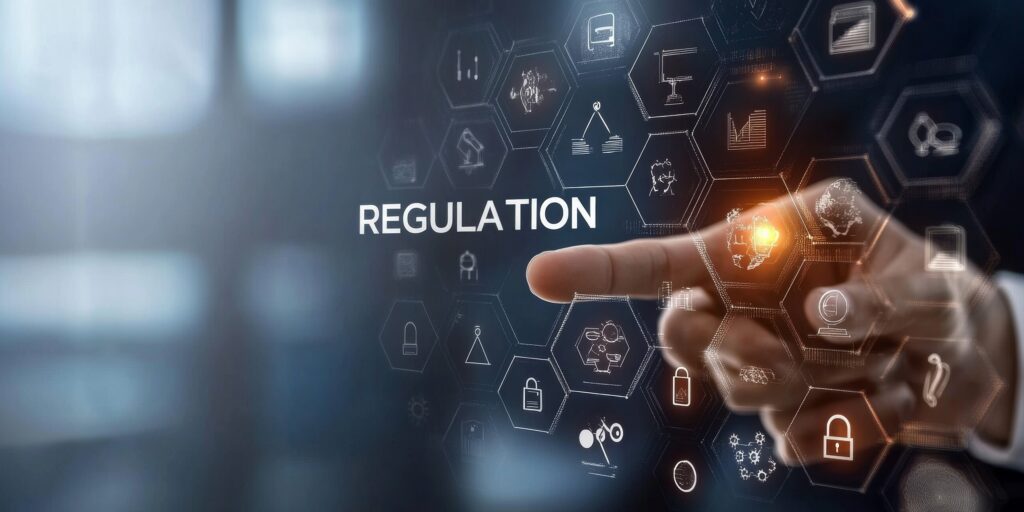Florida, it’s time to act: the prosecution and expungement of juveniles
As Florida lawmakers work in Tallahassee during a 60-day legislative sprint, they’ll be faced with a slew of pressing priorities. Yet amidst the craze, improving Florida’s shameful record number of children transferred to the adult criminal justice system and providing more impactful second chances to youth should remain at the top of their agenda. Two proposed pieces of legislation could address these goals by changing the age at which Florida can prosecute children as adults and allowing for earlier expungement of youth arrest records, if a young person has successfully completed diversion.
Currently, children as young as 14 can be charged by prosecutors as adults under Florida’s direct file statute. While there may be rare exceptional cases in which the public is better served by a juvenile entering the adult system, research suggests charging kids as adults is overwhelmingly bad for youth and public safety outcomes. The adult criminal justice system does not offer developmentally appropriate interventions, child education often suffers and an adult criminal record inflicts permanent harm on employment opportunities.
Incredibly, a prosecutor’s decision to use this method is not subject to judicial review and cannot be repealed—meaning little hope of a second opinion or a true deliberative process to consider the facts of the case. As a result, Florida’s transfer rate of juveniles to adult court has historically been higher than any other state in the nation, making this an urgent issue that Florida must address.
The other important juvenile justice issue facing Floridians is the barriers to expunction—or clearing—of juvenile arrest records. Currently, Florida statute only permits for the quick expunction of nonjudicial juvenile arrest records for misdemeanor offenses following the successful completion of a diversion program. While a good start, the law provides no quick route to expunction for youth arrested for a felony offense who successfully complete a post-arrest juvenile diversion program. Indeed, depending on their circumstances, these young people may have to wait until 18 and have been crime-free for at least five years or wait until their 21st birthday to see their record expunged.
One of the main goals of diversion is to hold kids accountable and to promote public safety in a manner that also limits the harmful, collateral consequences of juvenile justice involvement. Research shows that retaining and publishing juvenile records does not truly make communities safer. In fact, retaining these records actually has a greater likelihood of decreasing public safety when they are used to disqualify individuals from employment or education. Making matters worse, juvenile records can bar rehabilitated individuals from public housing and military service as well. Therefore, a faster path to expunction is necessary.
Fortunately, Florida legislators have already signaled their interest in fixing these two issues. Sen. Randolph Bracy (D) has introduced a proposal (SB 474), which would increase the age at which a state attorney may request the court to transfer a child to adult court and file an information against a child for criminal prosecution as an adult. This measured step toward reform would reduce the use of direct file, potentially lowering Florida’s transfer rate.
To promote second chances, Rep. David Smith (D) and Sen. Keith Perry (R) have introduced proposals in the House (HB 93) and Senate (SB 274), respectively, which would allow for a more rapid expunction of nonjudicial arrest records of minors who successfully complete a diversion program for any offense, including certain felonies. It would also authorize a minor who completes a diversion program to lawfully deny or fail to acknowledge certain information relating to their records. If this proposal were to be enacted, it would remove the scarlet letter on many young people and allow them a fair chance at success within society.
By taking on these issues, Florida policymakers have the potential to limit the detrimental effects of two very pressing problems facing our children: imprudent passage into the adult criminal justice system and barriers to second chances. Not only are these humanitarian issues—considering that they have the potential to derail a juvenile’s entire life—but they are fiscal issues as well. Hindering a child’s life via bad policy can cost the state hundreds of thousands of dollars as he or she remains a long-term member of the correctional system. For these reasons, legislators should put juvenile justice reform at the top of their list.








